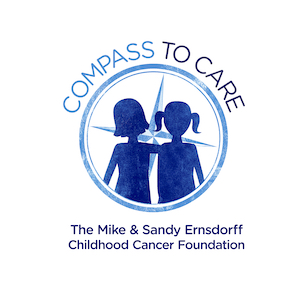Tyris is like any other 12 year-old boy. He texts, plays video games on his various gadgets and wears baseball hats. Unlike other 12 year-old boys, he has spent much of the last year doing these things from his hospital room. Tyris was diagnosed with Acute Myeloid Leukemia (AML) in July of 2015.
His grandmother had taken Tyris to the hospital because he was complaining about leg pain. X-rays showed that lymph nodes in his legs were causing so much pain he couldn’t walk. The doctors needed to find out why these lymph nodes were enlarged, which led to his diagnosis of AML.
The cancer diagnosis was hard for his mother, Cassandra, to hear. “My mind was literally everywhere. I felt everything and couldn’t feel anything at the same time,” she said. During that first hospitalization Tyris was really in pain, but typical of a 12 year-old boy, he quickly tired of all the poking and prodding that was taking place.
At first, Tyris didn’t really understand what was happening, but Cassandra said she would explain it to him as they went along, and he just accepts it now and goes with the flow. Unlike others in his position, Tyris didn’t really experience any nausea, but the AML and necessary treatments have produced a lot of fevers and nosebleeds. At one point, the right side of his heart enlarged and he ended up in the ICU for a while. And he certainly did not like losing his hair.
Tyris has been hospitalized almost continuously since the diagnosis. Although Cassandra has four other children at home to care for, help from other family members allows her to spend as much time as possible with Tyris at the hospital.
“I have tried to make his hospital room truly feel like home and make him as comfortable as possible,” she said. The 114-mile round trip to the hospital was quickly placing a strain on her budget and she was referred to Compass to Care.
“I end up spending a lot of money on gas and parking. Compass to Care’s support means a lot. I just love the fact that I can visit my son more often. If it wasn’t for your organization, I don’t know what I would do,” Cassandra stated.
